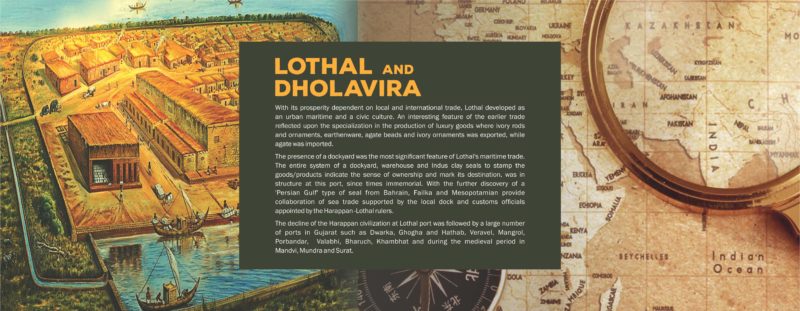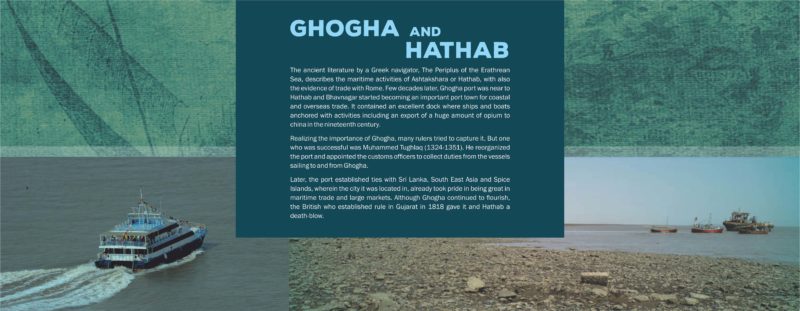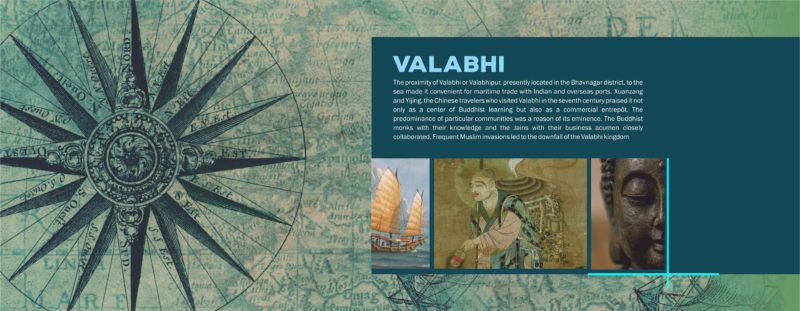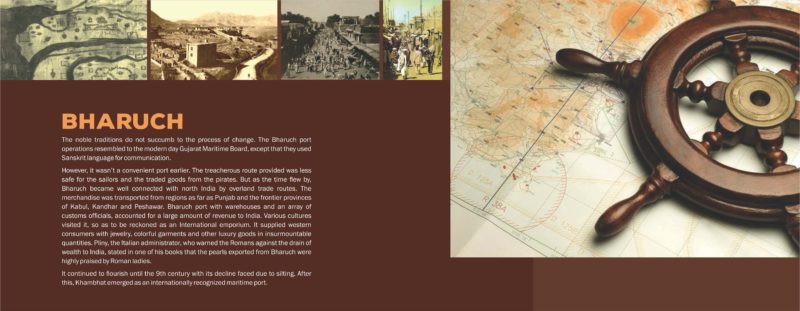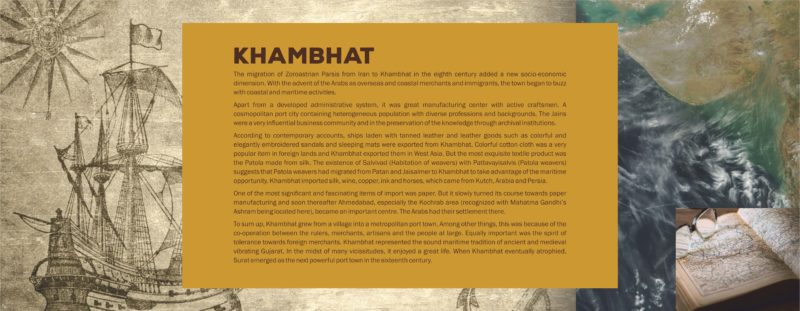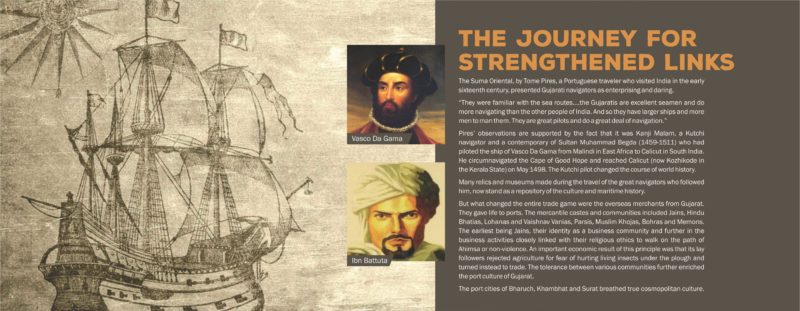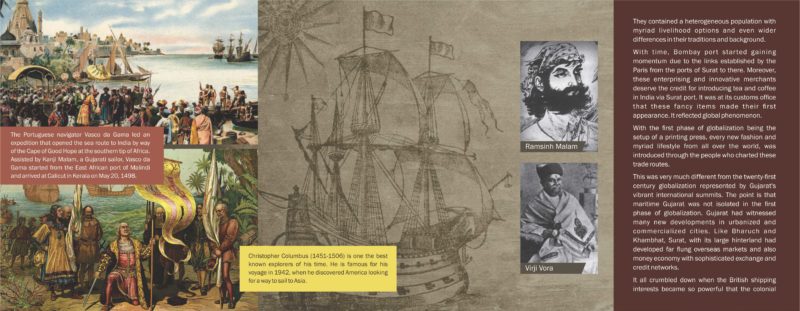Breathing the rich tradition of pillaring its core values on peace, cooperation, non-violence and the spirit of tolerance, the Gujarat Maritime Board was set up in 1982 with the vision to harness the potential of the Gujarat ports for domestic and international trade. Its culture finds its extension in its inclusive policies and performance that is evident in the response the Vibrant Gujarat global summits have been receiving. Being at the cross-roads of trade route on land and water, Gujarat, with its 1600 km stretch has occupied a central place connecting various civilizations, cultures, languages and business people, pilgrims and tourists. These commercial networks with overseas regions, found quite a mention in M N Pearson’s ‘Merchants and Rulers in Gujarat: The Response of the Portuguese in the Sixteenth Century’. As a world-renowned maritime historian, he stated that, “Gujarat has been an economically advanced area for three millennia with an active dynamic group of merchants… And in this inner Asian trade it was the Gujaratis, not Arabs who were dominant.” (Delhi, 1976 pp 10; 124)
Hence, even historically, ports have not only facilitated the exchange of goods but also of ideas, ideologies and world religions, while giving life to the maritime culture. Going along the same route that traders traded for the longest time, we start with the oldest and the most frequented ports of Gujarat to reach today, where we stand as an entirety of economic development.

